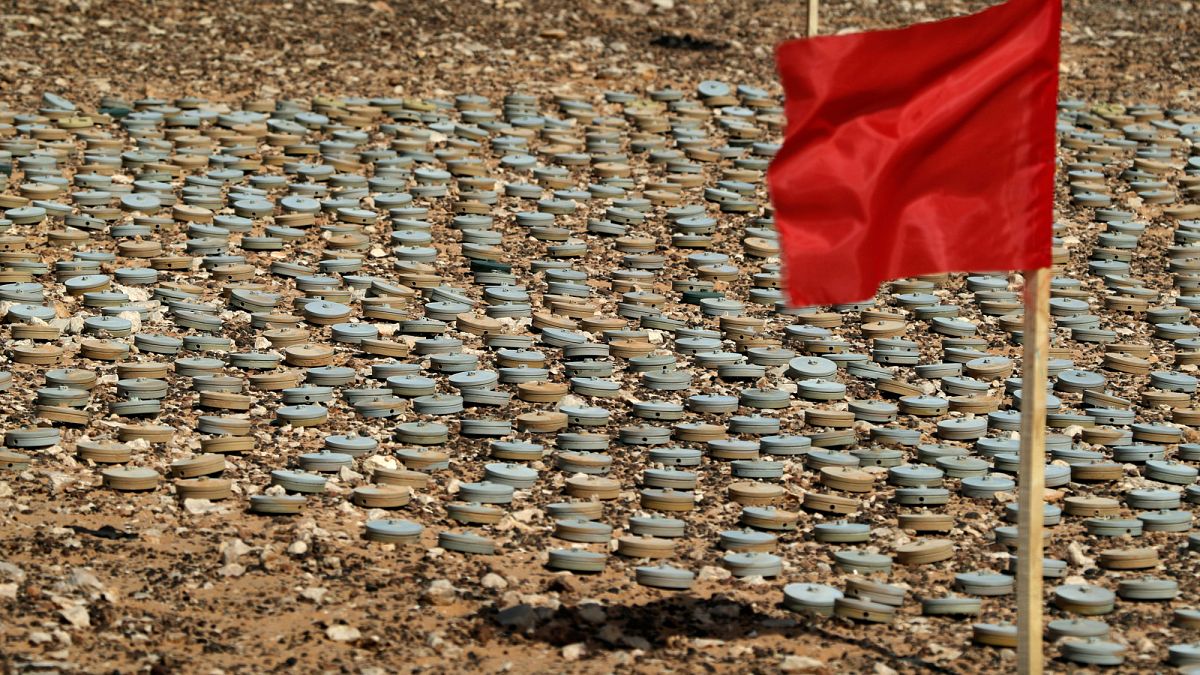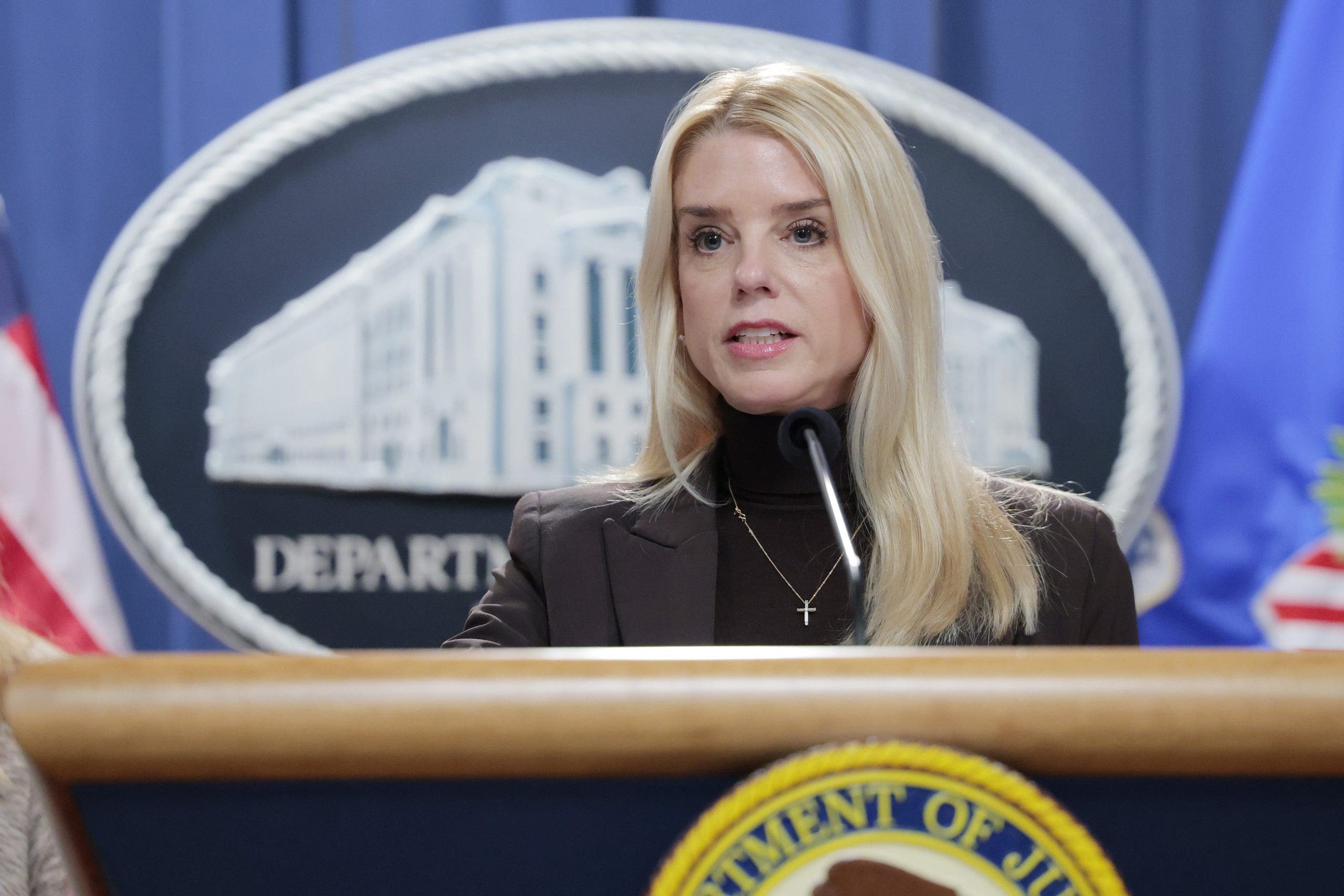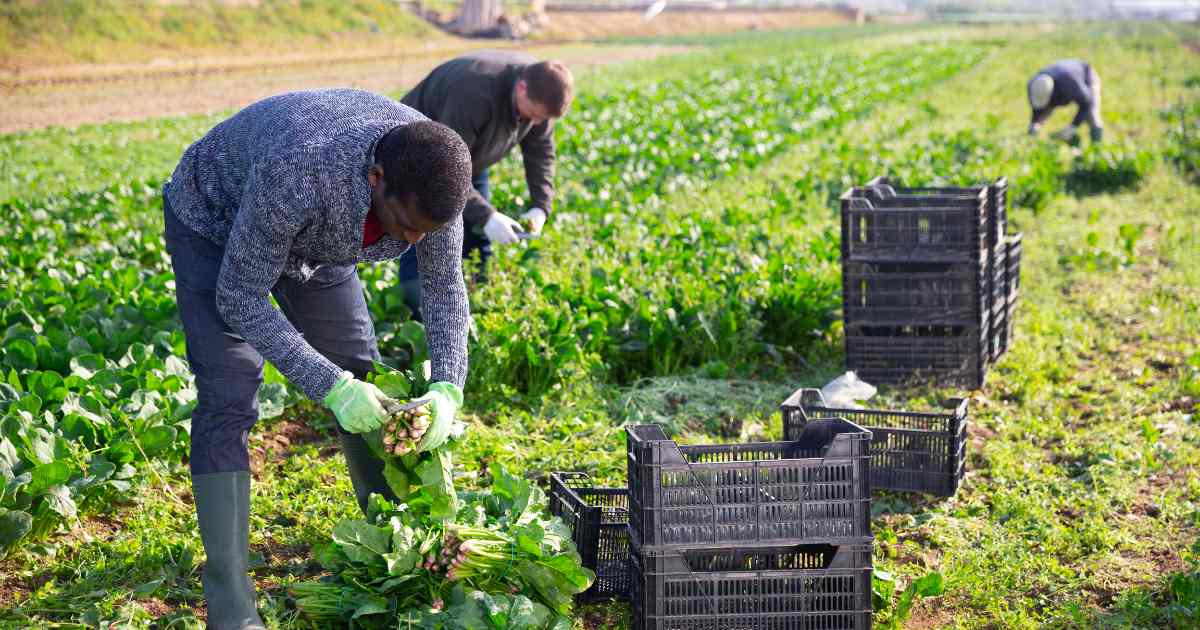The death toll continues to rise, with 7000 people dead and dozens of violent aftershocks shaking the region today [7 February].
The Turkish president declared a state of emergency in the affected provinces on Tuesday in order to carry out relief work more quickly. The death toll continues to rise, with more than 7,000 deaths and several dozen violent aftershocks shaking the region today [7 February].
In Syria, 1,712 people have been reported dead, according to the regime and relief workers in the rebel-held area. The World Health Organisation (WHO) fears that more than 20,000 people have been killed in total. The earthquake has devastated nearly 1,000 kilometres of land.
Turkish Health Minister Fahrettin Koca said this evening that 5,434 people have lost their lives and 31,777 have been injured in the earthquakes in Kahramanmaraş so far. he added that due to bad weather conditions, the necessary equipment and rescue teams were able to reach the earthquake-damaged centres with great effort.
On the ground, rescue operations are hampered by a lack of resources, road damage and harsh weather conditions, with a sudden drop in temperature and snow. It is a race against time, with people trapped under the rubble running an additional risk of hypothermia. Sometimes on social networks, children are rescued after hours under the rubble, but how many will be able to survive?
Difficulties for humanitarian aid in Syria
UN spokesman Jens Laerke says that the only crossing point for aid to the rebel area of Syria from Turkey has been hit by the earthquake, and it seems that the borders were still closed this morning. The UN has promised an aid worker, but this is “for all Syrians throughout the country” after the Syrian regime appealed for international help. Bashar Al-Assad’s ally Russia has announced that it will send aid.
Erdogan declares a state of emergency in 10 Turkish provinces
Turkish President Recep Tayyip Erdogan on Tuesday declared a state of emergency in the ten provinces affected by the earthquake. “We have decided to declare a state of emergency to allow for the rapid completion of (relief) work,” the head of state said, adding that the measure was in place for three months.
Once the state of emergency has been approved by parliament, the latter may modify its duration (the period not exceeding four months each time) or lift it.
According to the law, after the decision of the state of emergency, money and all kinds of movable and immovable property and works to be carried out, which are necessary for the rescue of the victims, for the compensation of damages and losses, and which cannot be provided immediately, will be provided by money, property and work obligations.
The necessary expenses will be met mainly by public resources and aid. Public institutions and organisations as well as legal and real persons in the region where the state of emergency has been declared will be obliged to contribute, and if these resources are insufficient the nearest regions will be obliged to provide them.




















Discussion about this post